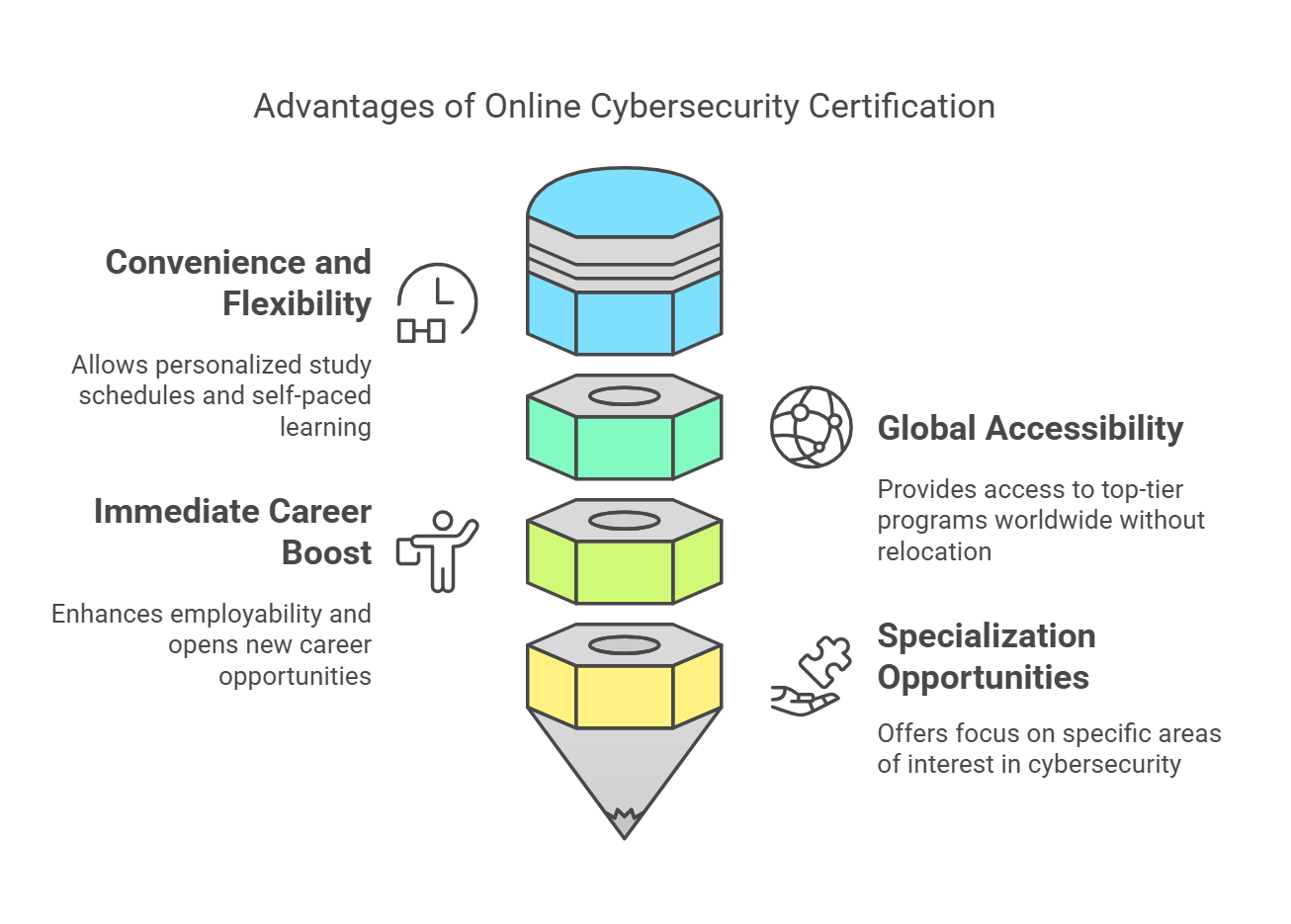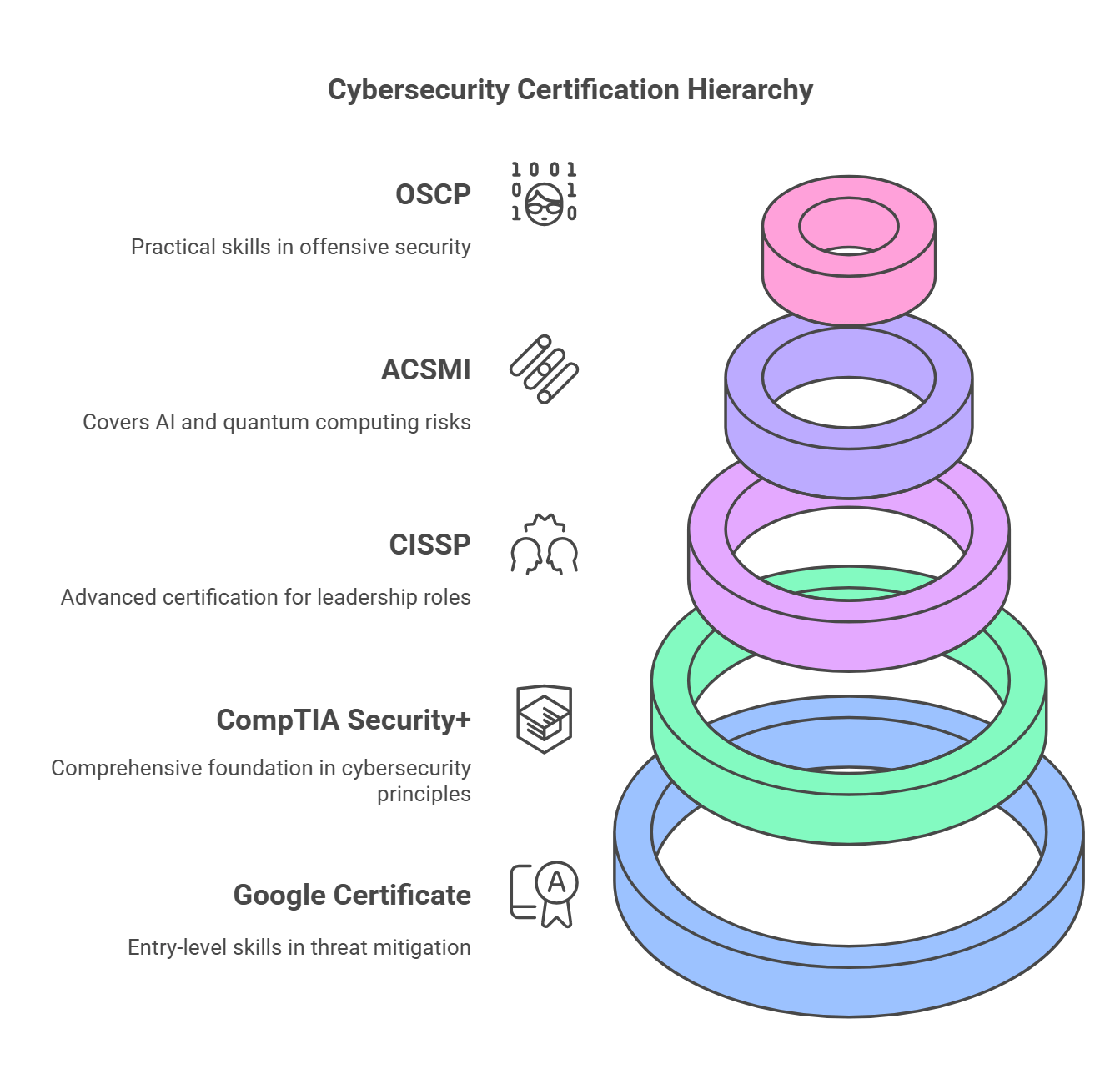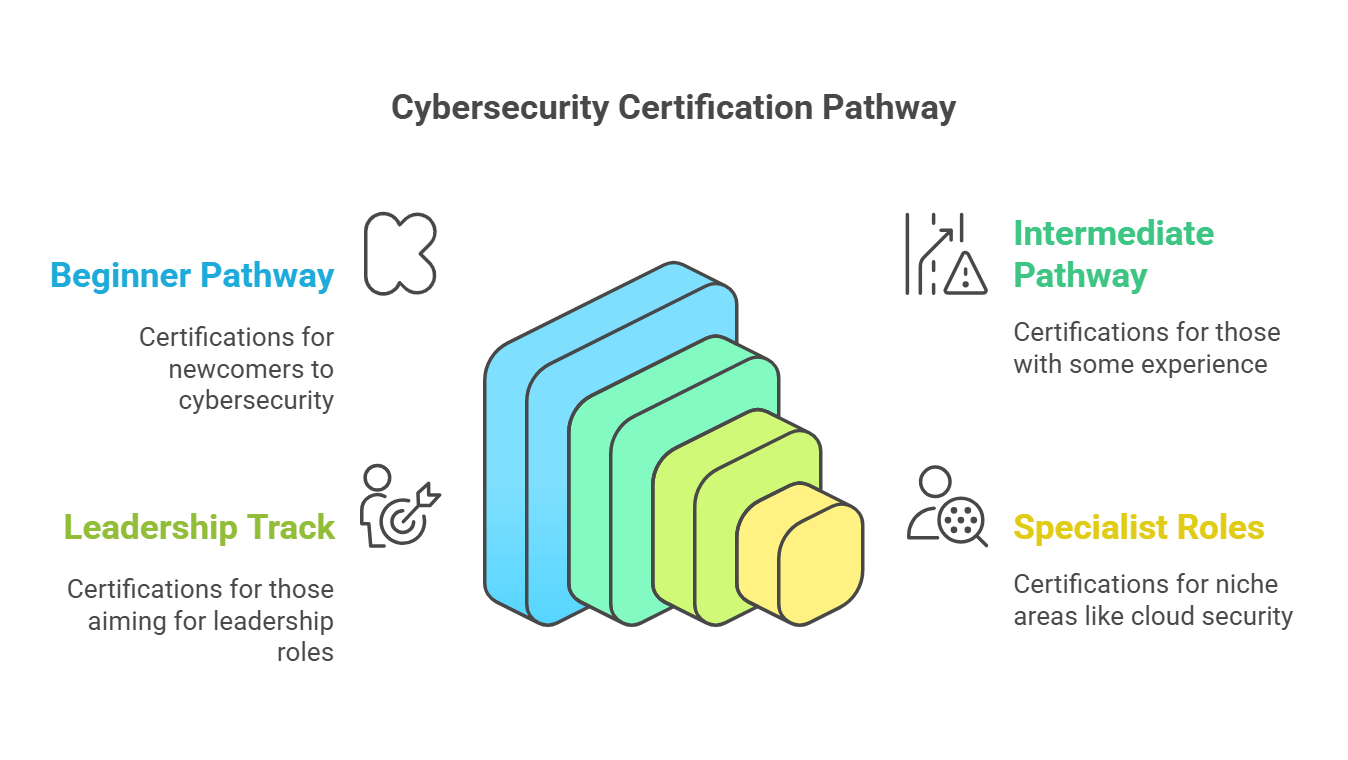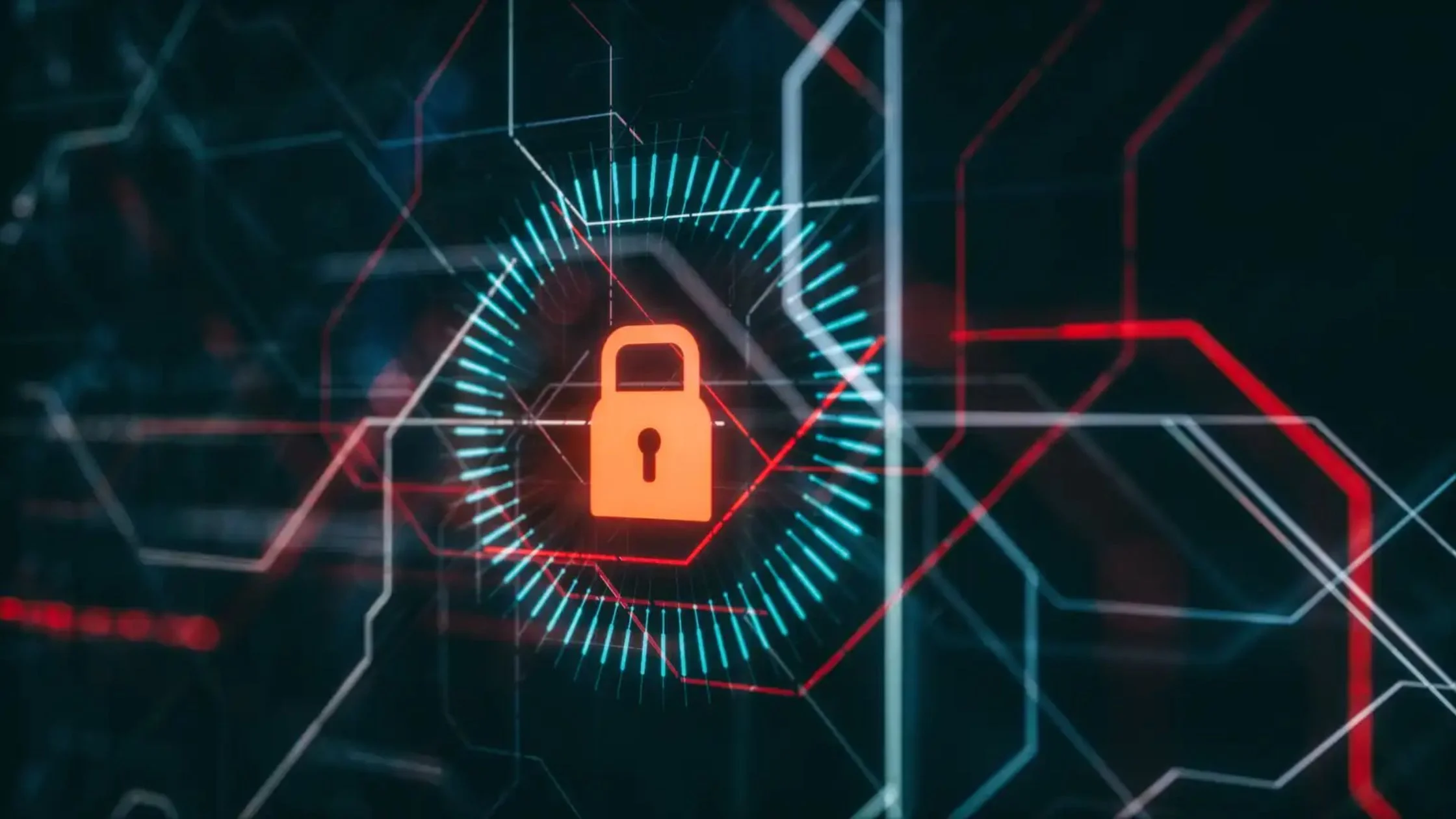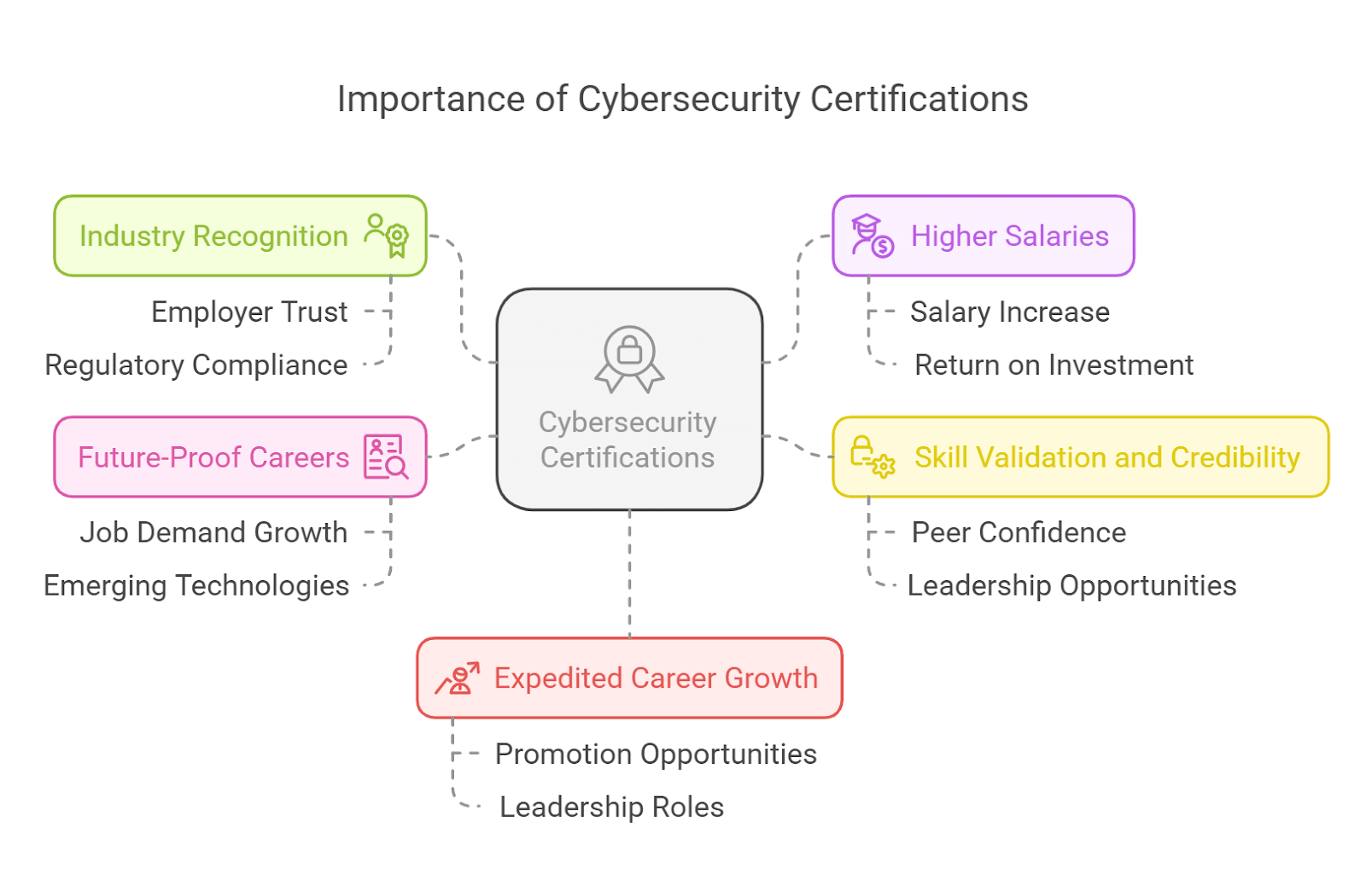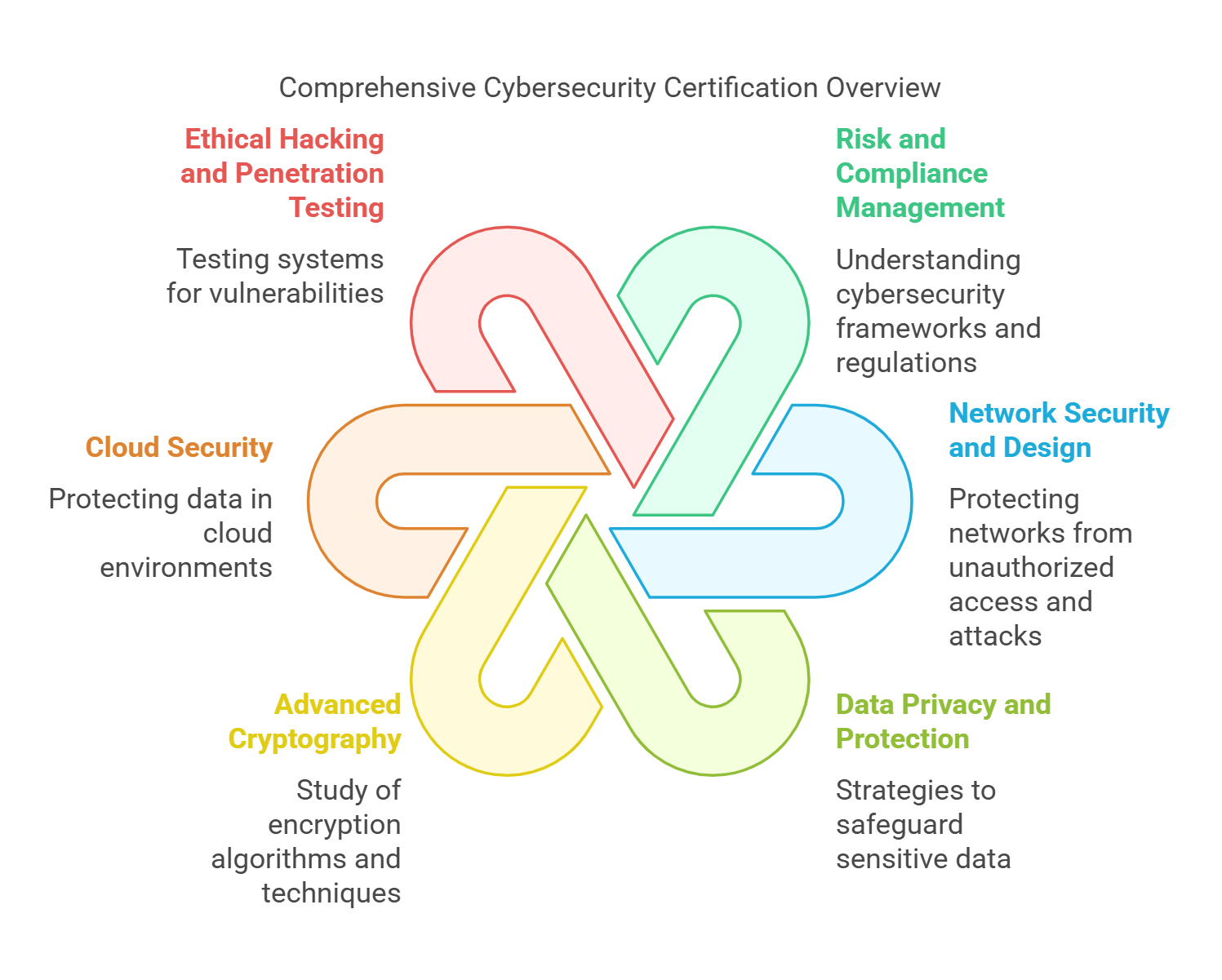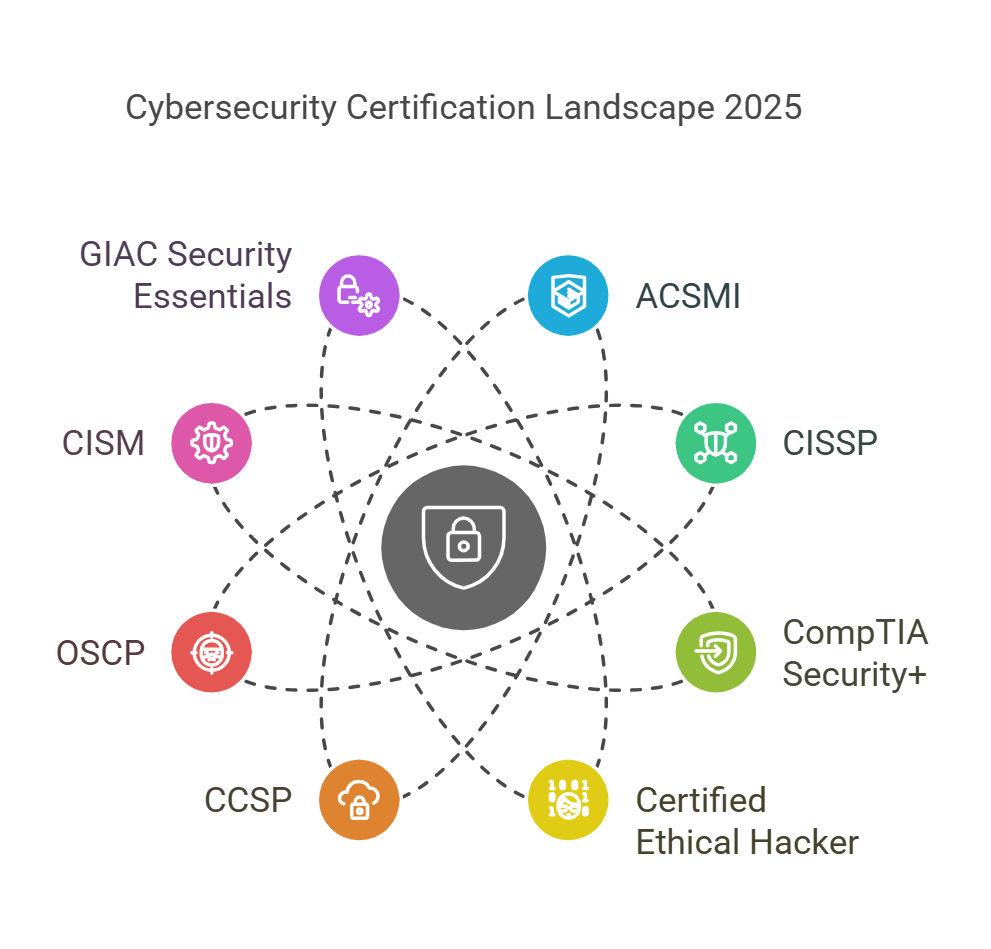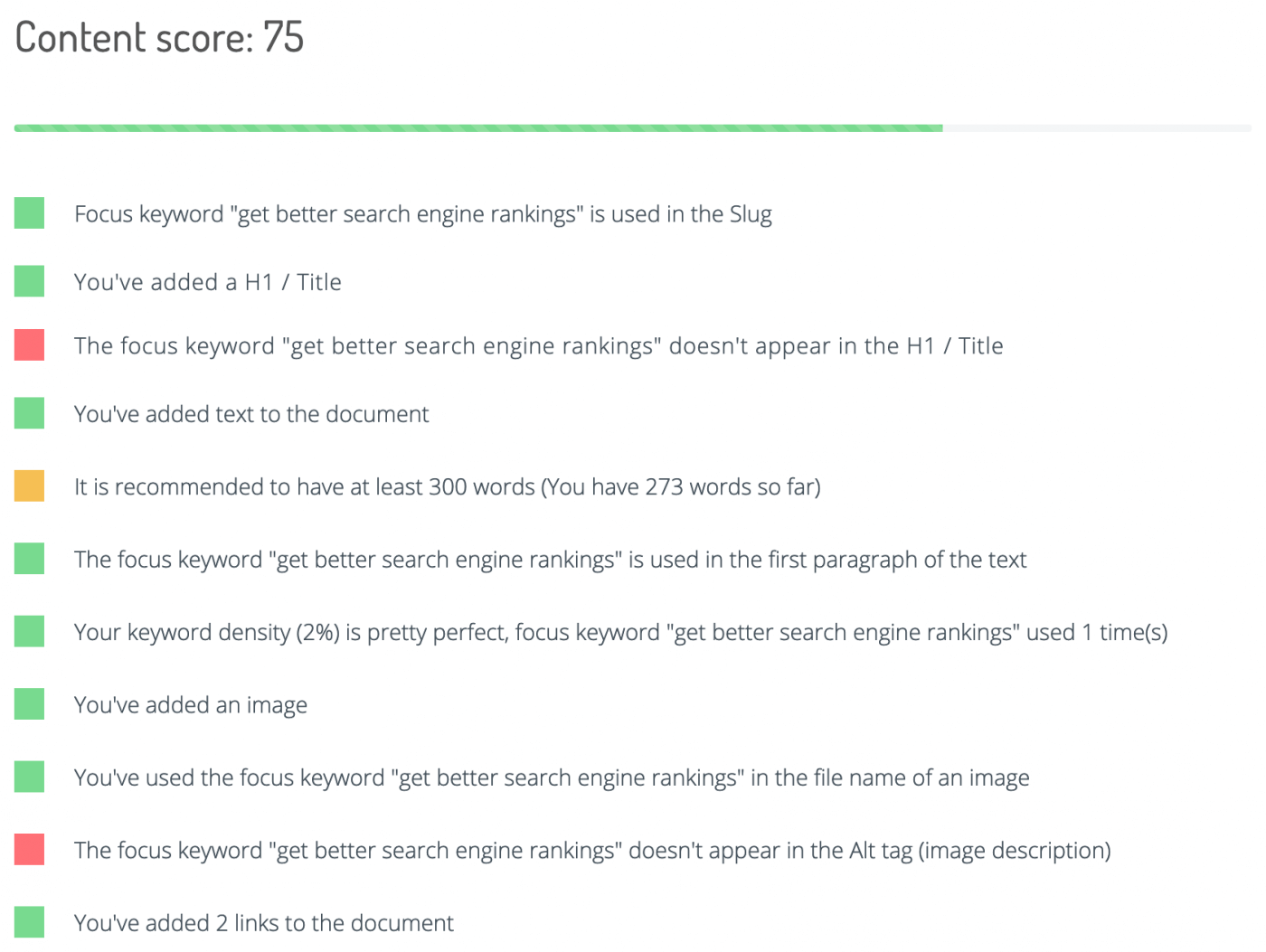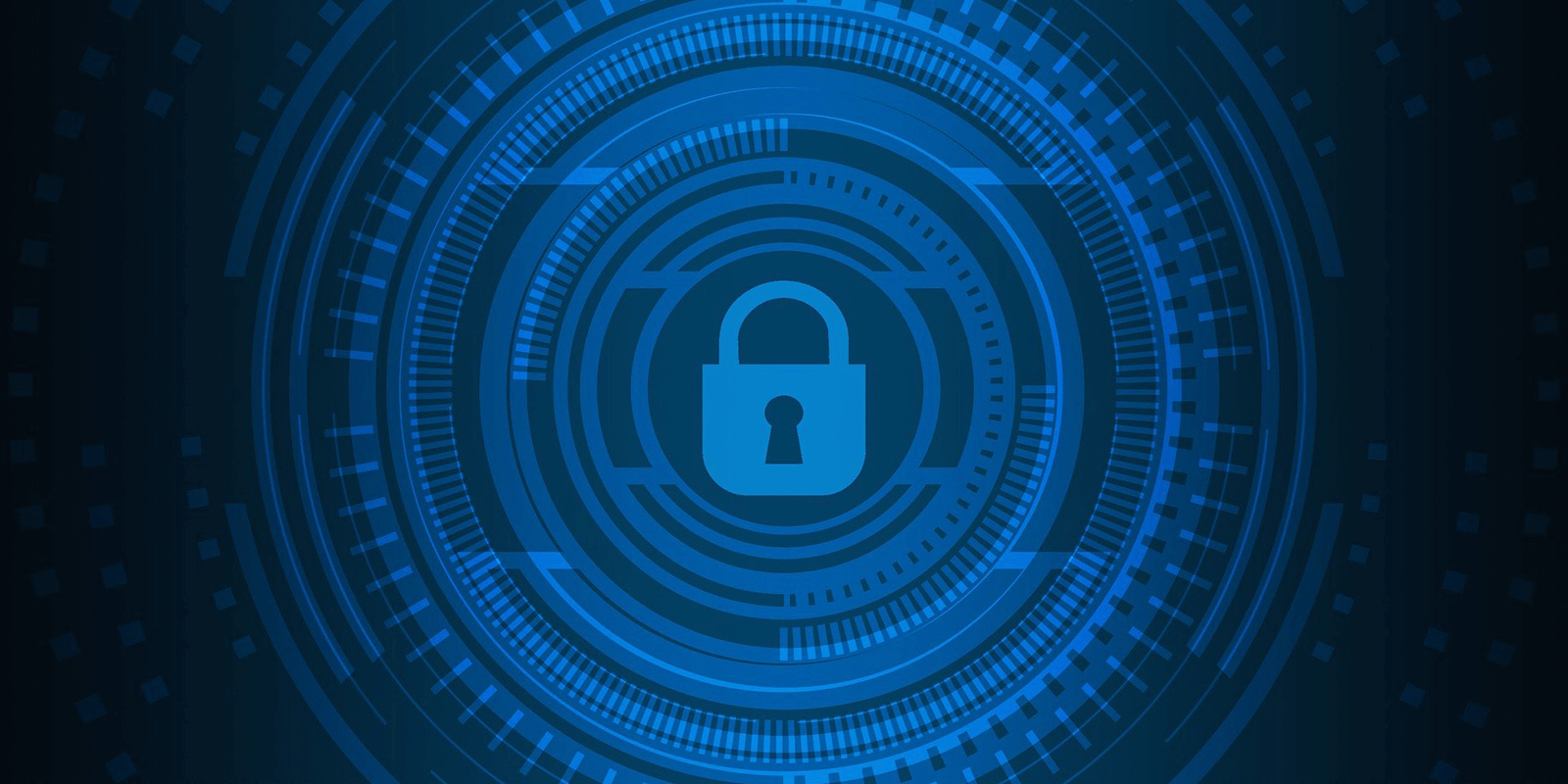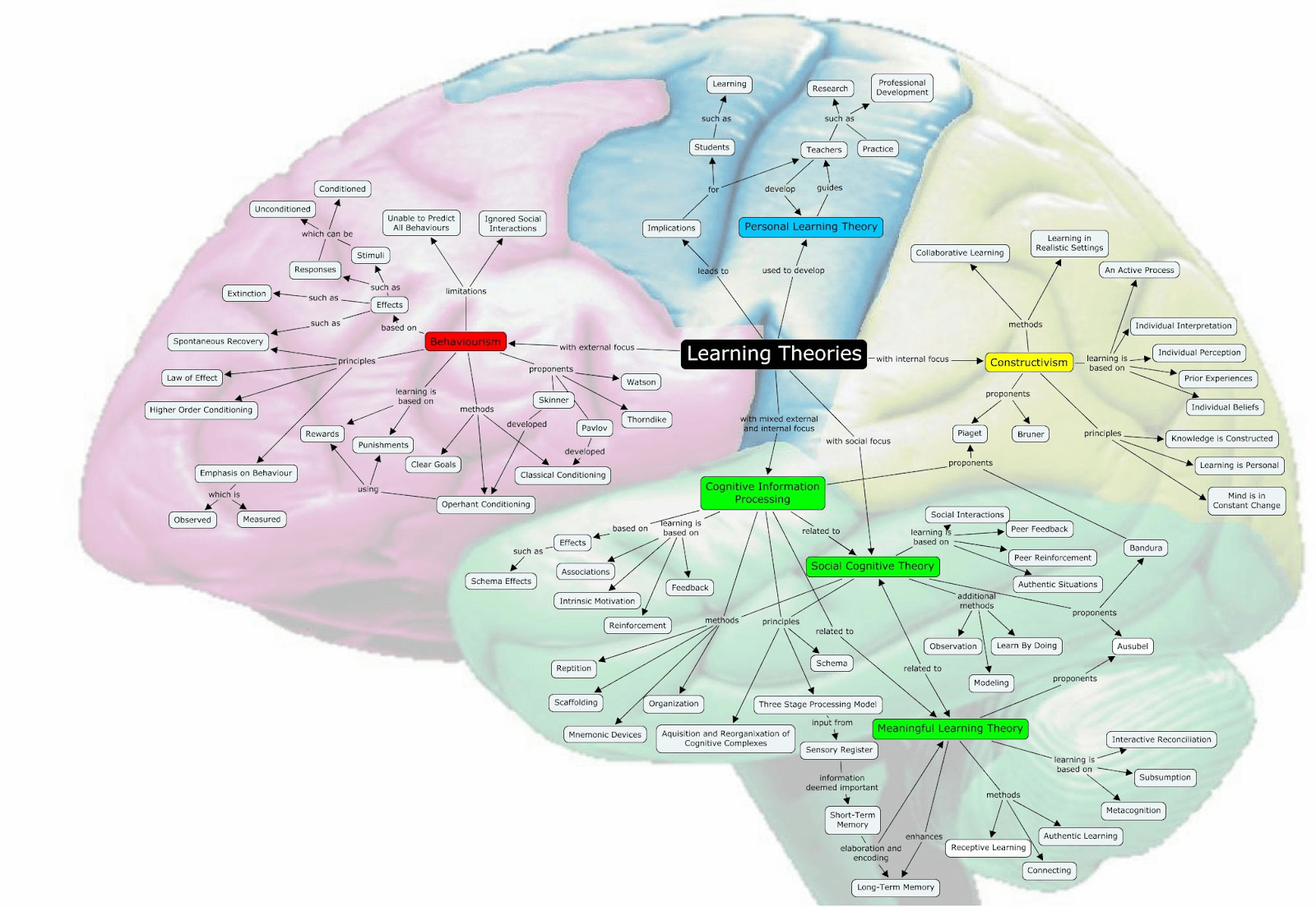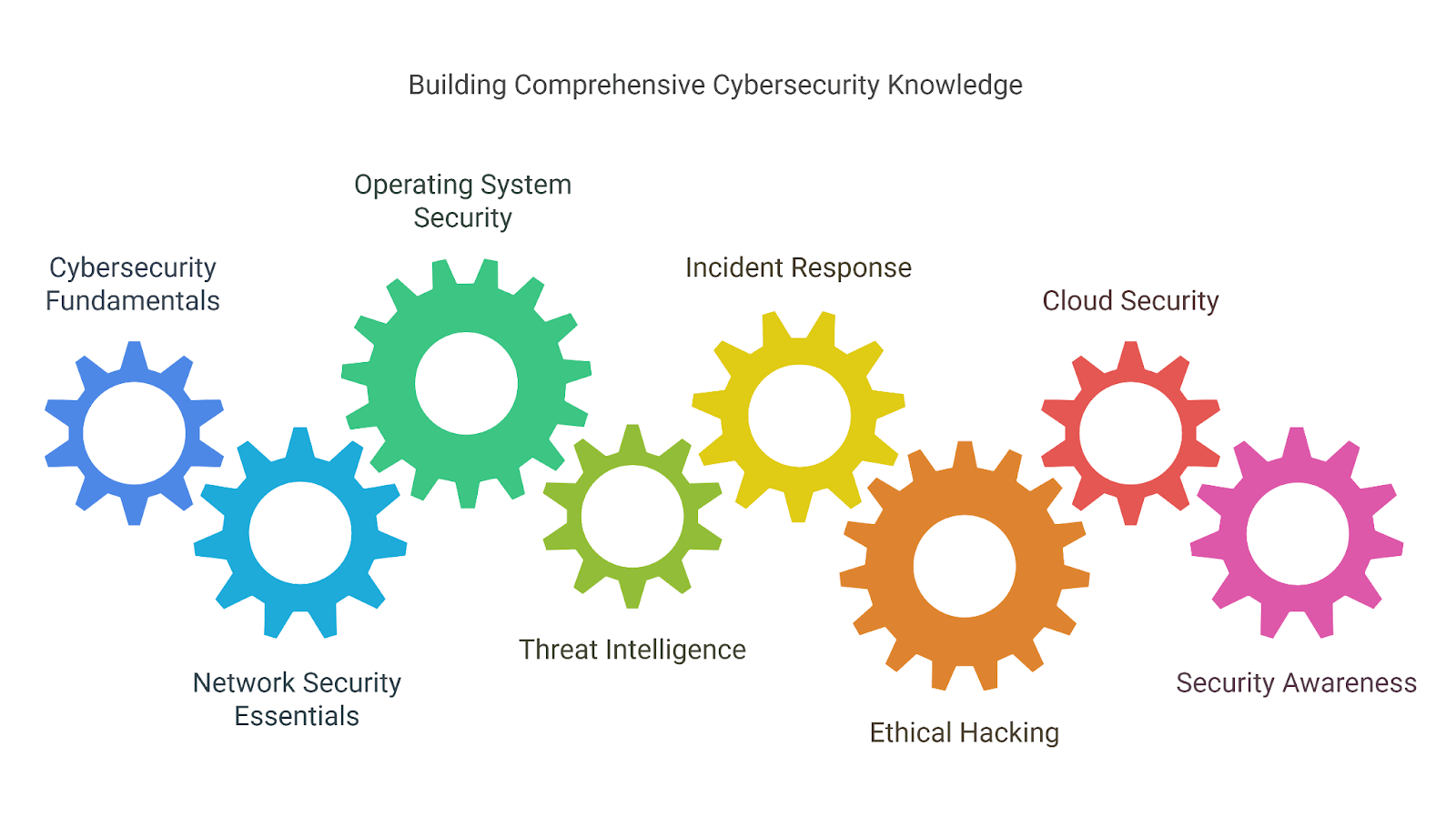Table of Contents
- Why Consider Free Cybersecurity Certification?
- Top Free Cybersecurity Certification Programs (2025 Update)
- Additional Free Cybersecurity Learning Resources
- The Benefits of Free Cybersecurity Certification
- Final Thoughts
- FAQs About Free Cybersecurity Certification
- 1. Are free cybersecurity certifications recognized by employers?
- 2. Can free cybersecurity certifications help me get a job?
- 3. Do I need prior IT experience to enroll in free cybersecurity courses?
- 4. How long does it take to complete a free cybersecurity certification?
- 5. What’s the difference between free and paid cybersecurity certifications?
- 6. What free certification is best for ethical hacking?
- 7. How can I practice cybersecurity skills for free?
- 8. What are the best cybersecurity career paths in 2025?
Cybersecurity remains one of the fastest-growing industries globally, with businesses investing heavily in securing their digital infrastructure. As cyber threats evolve, demand for skilled professionals continues to rise. However, not everyone has the financial resources to pay for premium cybersecurity certifications. Fortunately, several credible Free Cybersecurity Certification Reddit options provide high-quality training and career-enhancing skills at no cost. These certifications help learners gain foundational and advanced knowledge, making cybersecurity education accessible to everyone.
Why Consider Free Cybersecurity Certification?
Pursuing a free cybersecurity certification is a smart decision for multiple reasons. Whether you’re an aspiring security analyst or a professional looking to upskill, free certifications offer valuable benefits.
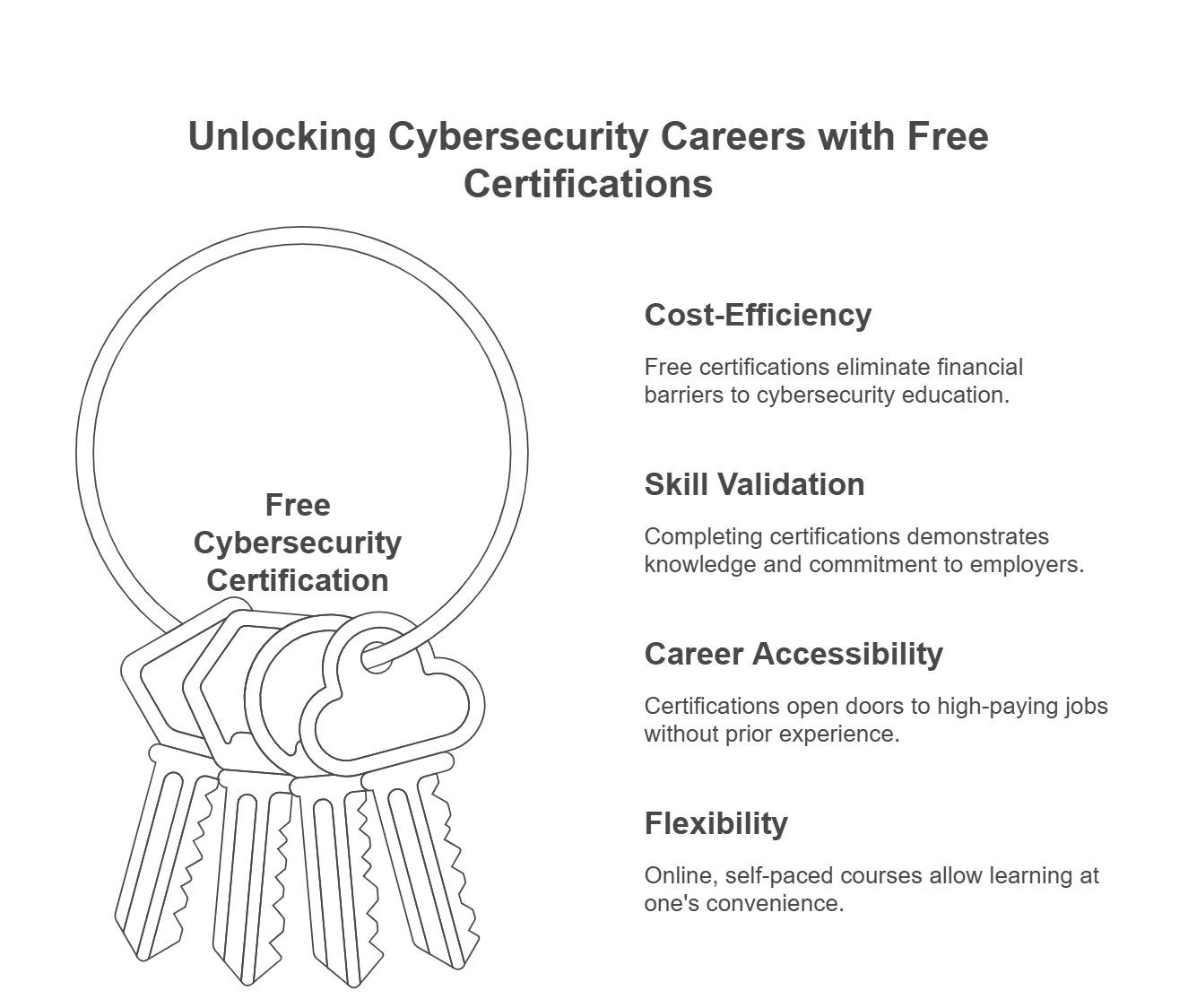
1. Cost-Efficiency
Cybersecurity training is often expensive, making it inaccessible to many learners. Free certifications remove financial barriers while still delivering industry-relevant knowledge and training.
2. Skill Validation
Completing a recognized free certification proves your commitment and knowledge, making you a more attractive candidate to employers.
3. Career Accessibility
These certifications serve as a gateway to high-paying cybersecurity jobs, helping candidates gain essential skills without requiring prior IT experience.
4. Flexibility
Most free courses are online and self-paced, enabling individuals to learn at their convenience. This allows working professionals and students to enhance their cybersecurity skills while managing their other responsibilities.
Top Free Cybersecurity Certification Programs (2025 Update)
There are numerous free cybersecurity certification courses available. Below are the most trusted programs that provide high-quality training for beginners and professionals alike.
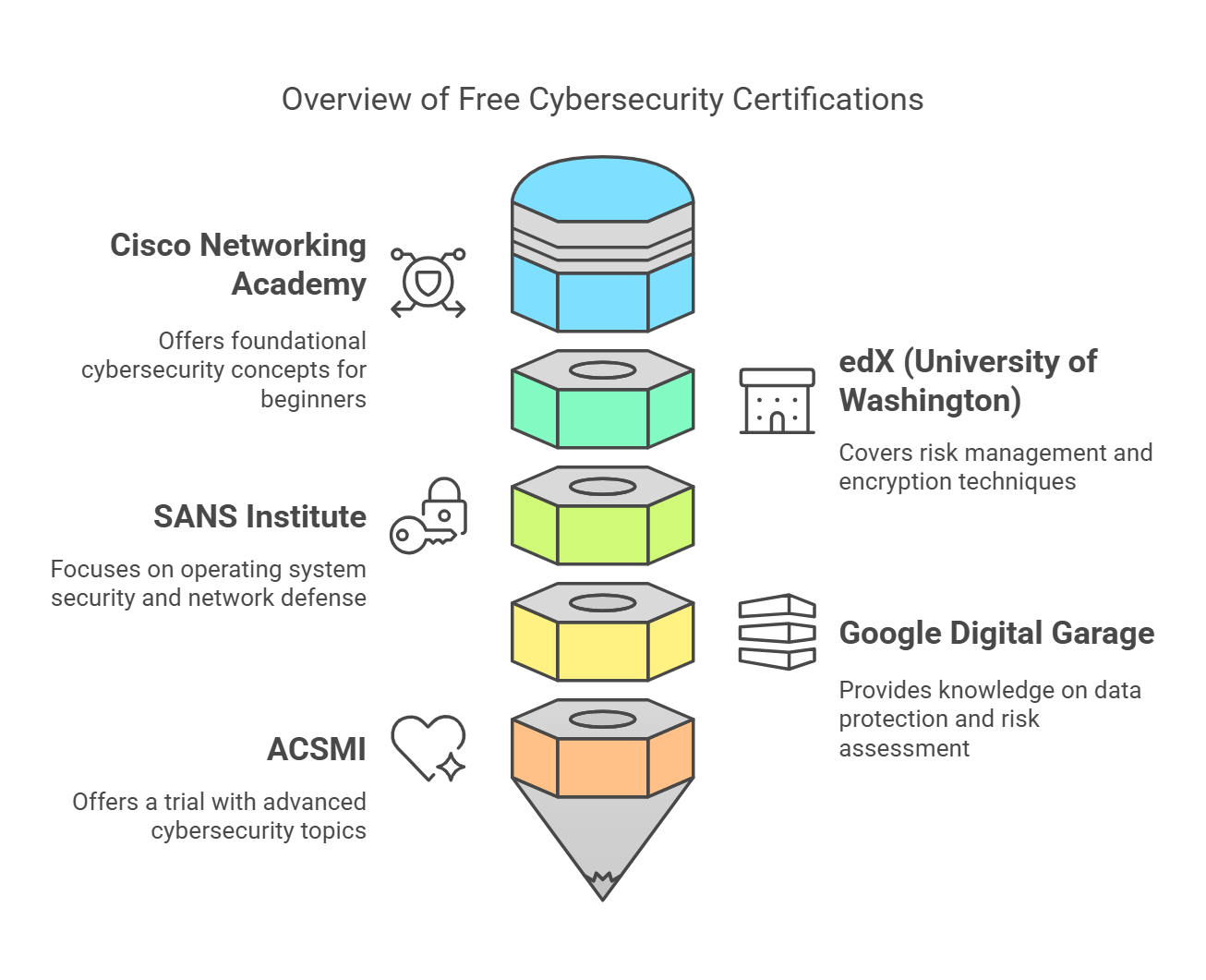
1. Introduction to Cybersecurity by Cisco Networking Academy
This foundational course covers key cybersecurity concepts, including threat identification, network protection, and security best practices. It is ideal for beginners seeking a strong entry point into IT security.
2. Cybersecurity Basics by edX (University of Washington)
Offered by the University of Washington, this course introduces learners to risk management, encryption techniques, and threat mitigation strategies. The certification provides an excellent starting point for anyone interested in cybersecurity.
3. Cyber Aces by SANS Institute
Cyber Aces, developed by the SANS Institute, covers fundamental topics like operating system security, network defense, and system vulnerabilities. This program is highly respected within the cybersecurity industry.
4. Google Digital Garage Free Cybersecurity Training
Google’s cybersecurity certification provides essential knowledge about data protection, risk assessment, and cybersecurity principles. It is an excellent resource for beginners and business owners.
5. Advanced Cybersecurity Master Integrator (ACSMI) Free Trial
ACSMI offers a free trial that allows learners to explore the first few modules of its extensive 400+ module cybersecurity training program. This trial gives insights into AI-driven cyber threats, blockchain security, and ethical hacking.
Additional Free Cybersecurity Learning Resources
Supplementing free certifications with additional learning resources can accelerate career growth. Below are some of the best resources for self-paced learning.
1. Free Online Cybersecurity Courses
-
Cybersecurity for Everyone (Coursera) – Covers threat assessment, cryptography basics, and security vulnerabilities.
-
IBM Cybersecurity Analyst (SkillBuild) – Provides insights into incident response and network security analysis.
-
Cybersecurity Career Pathway (CyberSeek) – Helps learners map out career goals and develop tailored skills.
2. Cybersecurity Webinars & Information Sessions
-
Cybersecurity Webinars by CISA – Covers topics like ransomware protection and infrastructure security.
-
SANS Webcasts – Monthly sessions addressing the latest cybersecurity threats and mitigation strategies.
-
ITProTV Free Webinars – Offers training on ethical hacking, cloud security, and threat intelligence.
3. Hands-On Virtual Labs & Cybersecurity Training
-
TryHackMe – Provides interactive penetration testing and ethical hacking challenges.
-
Hack The Box – Free Tier – Teaches offensive security skills in a controlled environment.
-
Microsoft Virtual Training Days – Includes cloud security hands-on training sessions.
The Benefits of Free Cybersecurity Certification
Choosing a free cybersecurity certification offers several advantages:
-
Resume Enhancement: Adds credibility and technical skills to your CV.
-
Career Advancement: Helps transition into high-paying cybersecurity jobs.
-
Skill Diversification: Covers a variety of topics like blockchain security and AI-based cyber threats.
-
Networking Opportunities: Connects learners with industry professionals and mentors.
Final Thoughts
In 2025, free cybersecurity certifications, such as the ACSMI Certification, remain a valuable asset for beginners and professionals alike. By leveraging free training options, learners can build strong foundational skills, explore different cybersecurity fields, and enhance career prospects.
FAQs About Free Cybersecurity Certification
1. Are free cybersecurity certifications recognized by employers?
Yes, many employers recognize free certifications from institutions like Cisco, Google, and ACSMI as valuable foundational credentials.
2. Can free cybersecurity certifications help me get a job?
Entry-level positions often accept free certifications as proof of basic cybersecurity skills, but higher-level jobs may require paid credentials or experience.
3. Do I need prior IT experience to enroll in free cybersecurity courses?
Most free certifications are beginner-friendly and require no prior experience, making them accessible to everyone.
4. How long does it take to complete a free cybersecurity certification?
Courses range from a few hours to several weeks, depending on the program’s depth and time commitment.
5. What’s the difference between free and paid cybersecurity certifications?
Free certifications cover foundational knowledge, while paid certifications offer hands-on labs, advanced training, and official accreditation.
6. What free certification is best for ethical hacking?
Try Cyber Aces by SANS or Google Cybersecurity Training for a solid introduction to ethical hacking principles.
7. How can I practice cybersecurity skills for free?
Using platforms like TryHackMe, Hack The Box, and Microsoft Virtual Training can provide real-world simulation training.
8. What are the best cybersecurity career paths in 2025?
Top fields include cloud security, penetration testing, AI threat analysis, and digital forensics.




